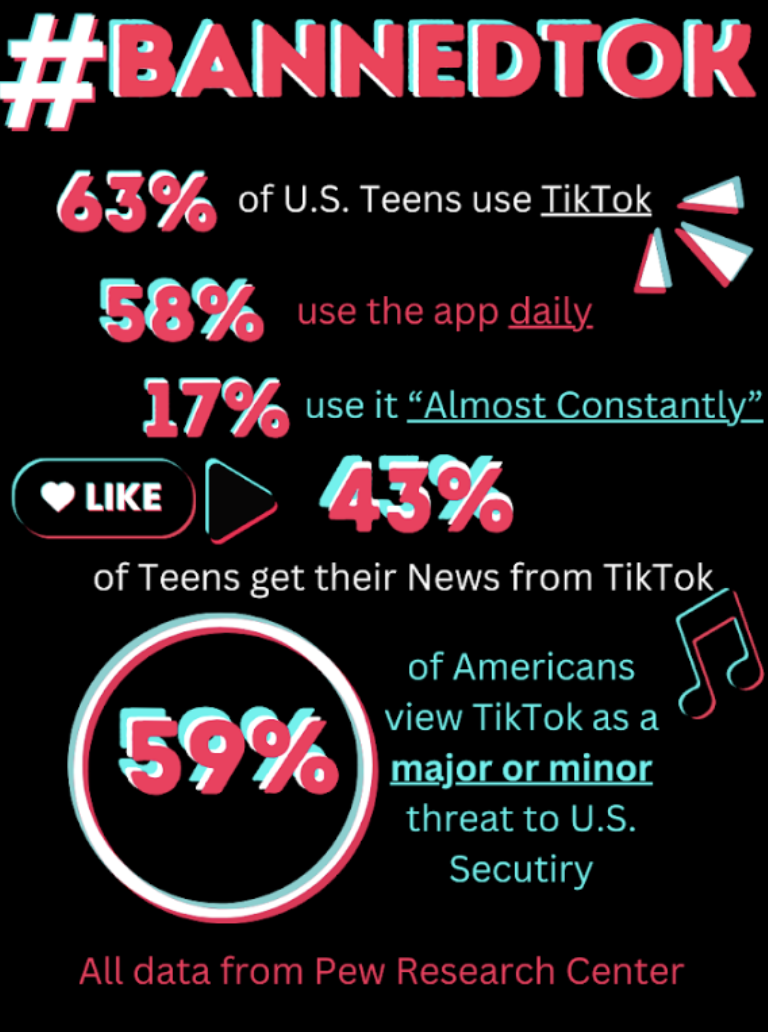By Madison Sell ’18
A few weeks ago, Trump released his official tax plan pending congressional approval. There has been major backlash from both sides of the isle, and rightfully so. Trump’s plan enhances many pre existing problems and creates plenty of new ones as well, many of which contradict his campaign promises.
Before we get into the criticism, however, it is crucial to know exactly the details of his plan and how they differ from the most previous tax plan.
Tax language can seem very confusing and complicated to most people, so I’ll keep it fairly simple. Tax Policy Center (TPC) writes in the abstract of their analysis that, “his plan would significantly reduce marginal tax rates on individuals and businesses, increase standard deduction amounts to nearly four times current levels, and curtail many tax expenditures.”
This basically translates to tax cuts. Tax rates, or the percentage of income you pay in taxes, will be reduced for both corporations and individuals. Also, deductions and expenditures would cut a considerable amount of money from taxes being paid by the individual or business. Deductions and expenditures are rules that allow people in certain circumstances to reduce the taxes they pay.
Now this sounds good, as less taxes generally benefit the individual. However, the specific numbers in play make this plan catastrophic.
TPC in its report estimates “the proposal would reduce federal revenue by $9.5 trillion over its first decade and an additional $15.0 trillion over the subsequent 10 years, before accounting for added interest costs or considering macroeconomic feedback effects.”
As one of Trump’s goals is to “eliminate federal debt in 8 years,” according to Politifact, this plan seems, and in fact is, very counterintuitive. Not only is this plan horrendous for reducing federal debt, but it also strengthens the power of the richest people in America.
On the surface, it seems like reduced taxes for every economic class is a win for everyone. However, as further explained in TPC’s report, “high-income taxpayers would receive the biggest cuts, both in dollar terms and as a percentage of income…the highest-income 0.1 percent of taxpayers…would experience an average tax cut of more than $1.3 million in 2017, nearly 17%…Middle-income households would receive an average tax cut of $2,700, or 4.9 percent of after-tax income.”
The whole goal of taxes is to level the playing field from whichever side of the isle you view it from. For democrats, this means taxing more to provide assistance to poorer people and evening wealth distribution. For republicans, this means taxing less so everyone has the opportunity to save their money and that it will naturally close economic class gaps. This plan provides clear inequality that can be attributed to the enormous growth in tax cuts and expenditures.
The whole problem with this plan is that it looks good from the outside, but has severe issues when you look closer. This plan would heighten incentives to invest, save, and work, which is obviously a good thing. However, as TPC writes, “unless it is accompanied by very large spending cuts, it could increase the national debt by nearly 80 percent of gross domestic product by 2036, offsetting some or all of the incentive effects of the tax cuts.”
While some argue that this plan could improve many things and we just can’t possibly know the outcome yet, this is also untrue. Tax cuts in Kansas in 2012 that mirror Trump’s plan almost exactly resulted in “a perpetual budget crisis ever since the package passed, forcing its residents to swallow painful spending cuts in essential areas like education. Kansas’ credit rating has been downgraded, as well,” according to Slate. It is not unreasonable to assume something exactly like this could happen, but on a national scale.
Put simply, this plan should not be approved. It needs to be modified severely in order to prevent what could be a national disaster.













































